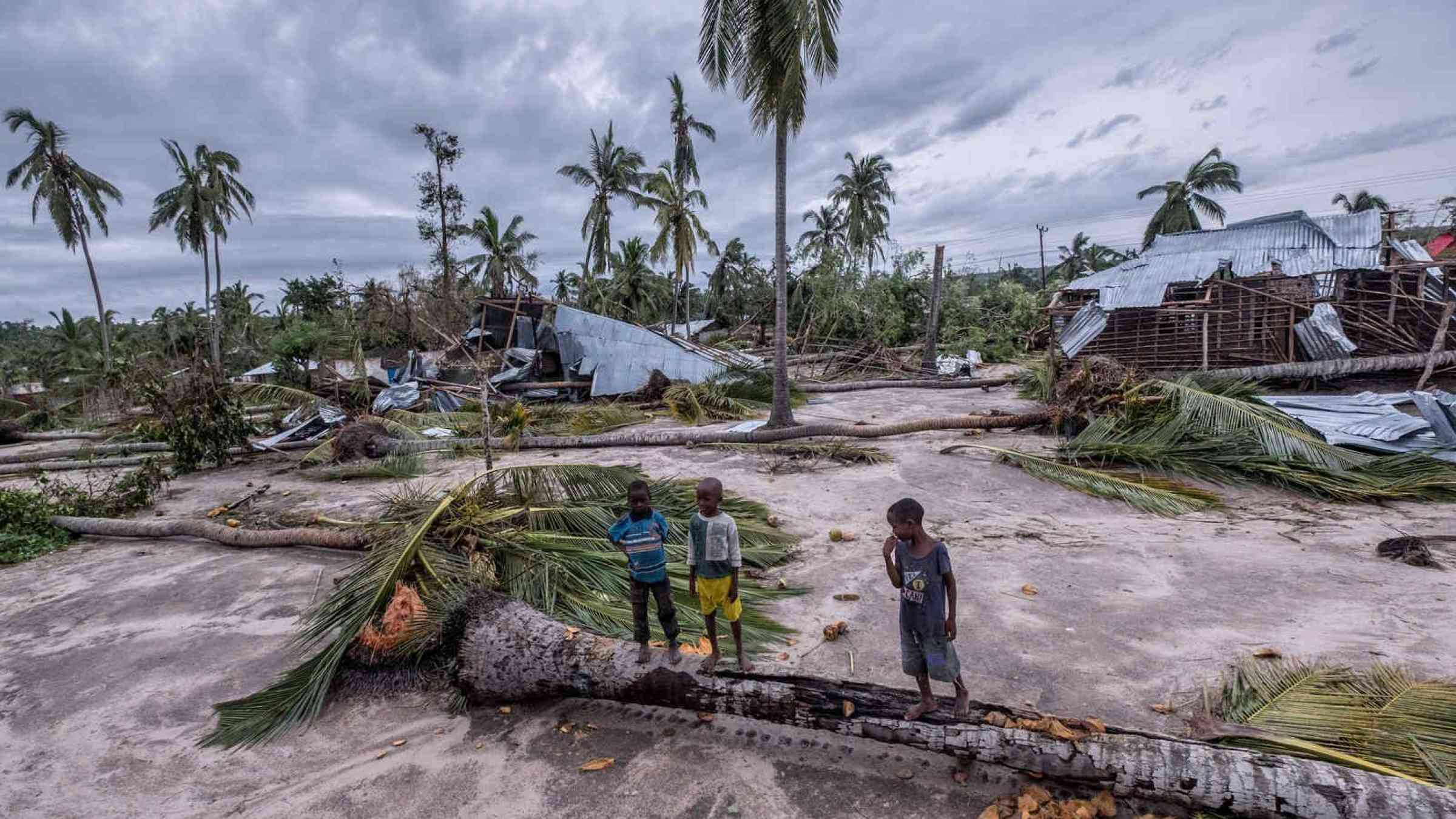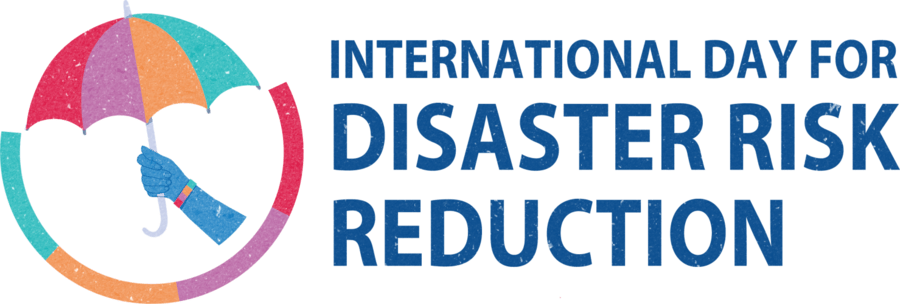IDDRR: Why climate insurance matters!

Climate change is one of the most significant challenges facing Africa today, with severe implications for the continent's food security, livelihoods, and economic growth. Increased frequency and intensity of extreme weather events such as severe drought, floods and tropical cyclones trigger destabilizing situations and cause extensive loss of livelihoods and property in many African countries, reversing development gains, pushing more families into poverty, and increasing the gender economic gaps in the sector.
Many African governments, struggling to cope with Covid-19 pandemic recovery, rising food and fuel prices, and impacts of the war in Ukraine on their food import-dependent economies, have limited resources for climate disaster risk – and often act after disaster strikes.
We believe climate risk management, through instruments like risk insurance or contingent credit lines that help governments secure funds in advance of a disaster, can help African countries provide more timely disaster relief and a quicker, more sustainable path to recovery, enhancing the resilience of their climate-vulnerable sectors and communities.
According to the World Meteorological Organization, more than 1,695 climate hazard-related disasters in Africa were recorded in the last 50 years, responsible for more than 731,747 deaths and causing close to an estimated $40 billion in economic damage. Recent cyclones Idai, Kenneth, Batsirai and Freddy in southern Africa, and the Horn of Africa’s most prolonged and severe drought in recent history from 2020 to 2022, affected at least 36.4 million people and led to loss of at least seven million livestock, according to the United Nations.
The situation in Africa is precarious. We must reduce the continent’s level of disaster risk.
Against this background, the African Development Bank teamed up with the African Risk Capacity Group to establish the Africa Disaster Risk Financing Programme in 2018. This program enhances African countries’ resilience and response to climate shocks by improving their management of climate disaster risks. Through the program, the Bank has invested more than $100 million to assist 15 African countries secure risk insurance policies for national governments against drought and tropical cyclones.
Today, through the Africa Disaster Risk Financing Programme, more than five million of Africa’s most vulnerable to climate change-related disaster received financial protection since 2019. For example, the Government of Malawi received $14.2 million in disaster risk insurance policy payouts to help authorities respond to drought last year. Madagascar received more than $13 million to provide emergency food aid, reconstruction and resilience programs following crop-devastating drought in 2021 and 2022, and tropical cyclones in 2022 and 2023.
The international community is signing on to what we’re achieving in Africa. The Governments of the United Kingdom, Switzerland, Canada and the United States are a few of our partners contributing financing to the Africa Disaster Risk Financing Programme Multi-Donor Trust Fund that complements Bank resources to administer the program.
Building on the success of the Programme, the Bank announced our Africa Climate Risk Insurance Facility for Adaptation (ACRIFA) at the Africa Climate Summit last month. This Facility aims to raise $1 billion in concessional, high-risk capital and grants to stimulate the development and uptake of climate risk insurance. The Facility targets primary insurers and regional re-insurers across Africa to deliver these insurance solutions. This will enable the Facility to support the design and wider use of insurance products for climate-related disasters; extend credit insurance to investment portfolios across climate, agrifood system and enterprise development; leverage the network of African primary insurers to ensure capital, capacity and commercial opportunity flows; and support national governments to efficiently pre-arrange finance to respond to and manage climate disasters.
International Day for Disaster Risk Reduction offers an opportunity to reflect on progress made in managing climate disasters in Africa. The day’s theme “fighting inequality for a resilient future” serves as a reminder that there can be no shared prosperity if we don’t reduce the inequality gap resulting from climate change-related hazards. We take this opportunity to invite the wider international community to join us in expanding access to diversified climate disaster risk financing instruments. We envision a future Africa where at least 10 million vulnerable people, especially women and children, are insured annually against climate disaster risk, and wider communities and enterprises are equipped to be more resilient in the face of climate change.
